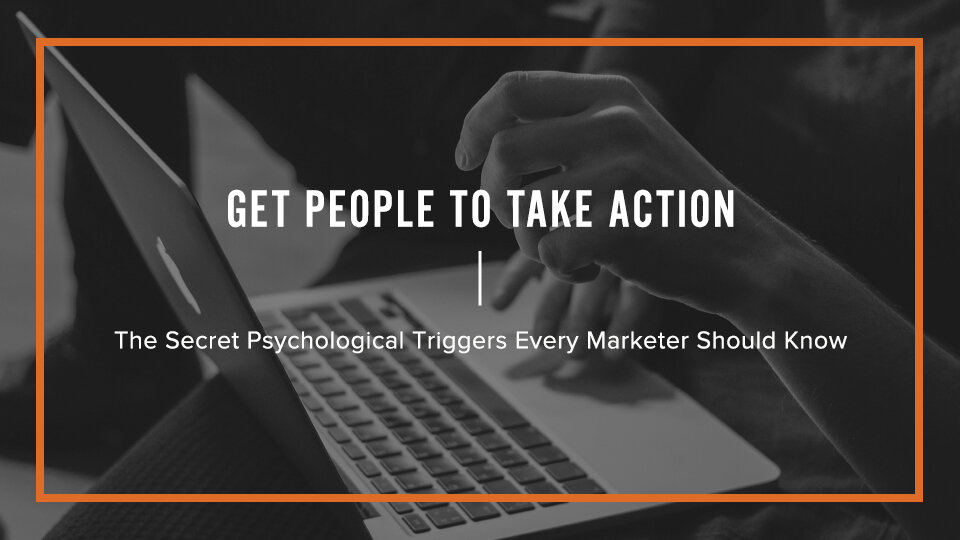Get People to Take Action: Secret Psychological Triggers Every Marketer Should Know
By Maurilio Amorim
My fascination with marketing started at an early age. Even as a child, I studied magazine ads, TV commercials, and billboards to figure out what human motivation they were tapping into.
I realized that good marketing is rooted in psychology. The more you understand what triggers people into action, the more compelling and successful your campaigns become.
To truly connect with your audience and drive action, you must understand the psychological triggers at the heart of decision-making. Here's a rundown of these powerful triggers I use every day in my marketing agency:
1. Scarcity: The Fear of Missing Out (FOMO). It's a real thing! When something is in short supply, it becomes more desirable. Phrases like "Limited offer" or "Only a few left" trigger a sense of urgency, compelling people to act quickly for fear of missing out.
Example: An online store banner that reads, "Hurry! Only two items left at this price!"
2. Reciprocity: The Need to Give Back Humans have an innate desire to reciprocate kindness. In marketing, this can mean offering a free trial or valuable content, creating an implicit obligation for the recipient to return the favor, often by purchasing.
Example: A software company offering a free 30-day trial with the message, "Enjoy your free trial, no strings attached!"
3. Social Proof: The Power of the Crowd People tend to follow the actions of others. Testimonials, reviews, and user numbers act as social proof, reassuring potential customers that they're making the right choice.
Example: A landing page showcasing a testimonial video with the caption, "Join thousands of satisfied customers!"
4. Authority: Trust in the Experts We're wired to respect authority. Highlighting expert endorsements or industry awards can trigger trust, influencing people to act based on expert approval.
Example: "Recommended by 90% of dermatologists nationwide!"
5. Commitment and Consistency: The Drive to Stay the Course Once someone commits to something, they're more likely to follow through. Marketing copy that reminds people of past actions and aligns with their self-image encourages consistent behavior.
Example: A fitness app reminder saying, "You've worked out every week this month—let's keep the streak going!"
6. Liking: The Preference for Familiar and Pleasant People are more easily persuaded by individuals or brands they like. A friendly tone, attractive visuals, and shared values can trigger positive feelings, leading to favorable actions.
Example: A brand story page with friendly faces and a message, "We're just like you—passionate about making a difference."
7. Anticipation: The Thrill of What's Coming. Anticipation can be a powerful motivator. Teasing future events or product launches can build excitement, prompting people to stay engaged and ready to act when the time comes.
Example: "Get ready for our biggest event ever—coming this summer!"
8. Storytelling: The Magnetic Pull of a Good Tale A compelling story can transport people, making them more receptive to your message. Narratives that resonate personally can trigger emotional responses that lead to action.
Example: "Meet Sarah. Her journey to a debt-free life started with one simple budgeting app."
Understanding and harnessing these psychological triggers in your marketing copy doesn't just drive conversions; it creates a more dynamic and empathetic dialogue with your audience. When used ethically and effectively, these triggers can lead to loyal customers who feel understood, valued, and motivated to engage with your brand.
P.S. Need help developing a marketing or donor strategy that works? We can help. Contact us here.














